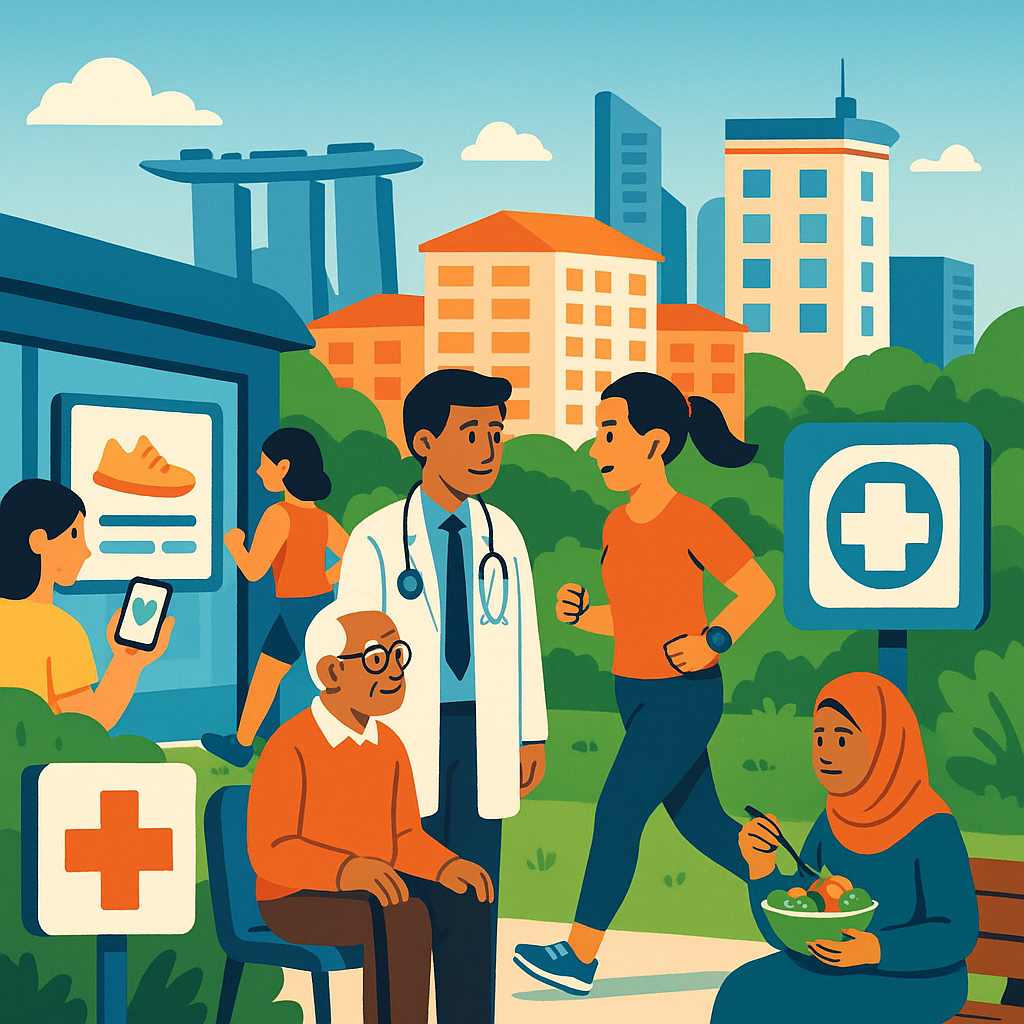
Mental health care in Singapore is rapidly evolving, but several obstacles persist in ensuring widespread access to necessary resources and care. Mental health issues have long been stigmatized, causing many individuals to suffer in silence or avoid seeking help altogether. Nevertheless, recent developments have seen a shift in public perception, with growing awareness and new policies aimed at making mental health services more accessible and effective.
A pivotal focus of Singapore’s mental health reform has been the enhancement of access to care. Government initiatives, such as the National Mental Health Strategy, emphasize the importance of integrating mental health services within the broader healthcare system. Through policies that encourage collaboration between primary care providers, mental health specialists, and community organizations, the aim is to ensure that mental health care is available to all segments of the population.
In terms of service availability, Singapore has made significant progress. Mental health clinics, community mental health programs, and outreach services have been expanded, and new facilities have been built to meet the rising demand. However, one of the ongoing challenges is the affordability of services. While the government provides subsidies to reduce costs, many individuals find that they still face substantial financial barriers when accessing private mental health care.
In addition to cost, there is also the issue of availability. Mental health professionals in Singapore, including psychiatrists, therapists, and counselors, are in high demand, leading to longer wait times for appointments. Many individuals are forced to wait weeks, if not months, to receive treatment, which can be detrimental to their mental well-being. As such, there is an urgent need to train and hire more professionals in the field of mental health.
Moreover, the geographic distribution of mental health services is another factor that affects accessibility. While mental health services are concentrated in urban areas, individuals living in suburban or rural parts of Singapore may find it difficult to access care, which further exacerbates existing inequalities.
Another significant barrier to mental health care in Singapore is the persistent stigma surrounding mental health. While progress has been made in terms of public awareness, many individuals are still reluctant to discuss their mental health struggles for fear of being judged or discriminated against. The stigma often prevents people from seeking help, which can lead to untreated conditions and a deterioration in their quality of life.
Public education campaigns have played a vital role in addressing this issue. Programs such as “WeCare,” which provide information on mental health issues and how to seek help, have been essential in fostering a more open dialogue around mental health. These campaigns help individuals understand that mental health issues are common and that seeking help is a courageous step toward recovery.
Workplace mental health initiatives have also become a significant area of focus. Given the pressures associated with work, the Singapore government has encouraged organizations to provide better mental health support for their employees. This includes offering counseling services, flexible work arrangements, and mental health days to reduce workplace stress and prevent burnout.
Ultimately, enhancing mental health care in Singapore requires a holistic approach that addresses both systemic barriers, such as cost and availability, and social barriers, like stigma and lack of awareness. By continuing to invest in mental health infrastructure and fostering a culture of understanding, Singapore is on the path to creating a more supportive environment for mental health care.





